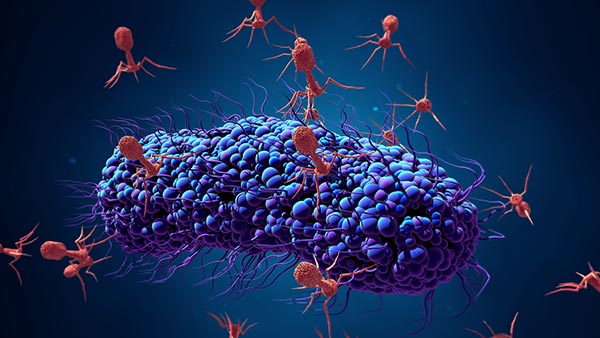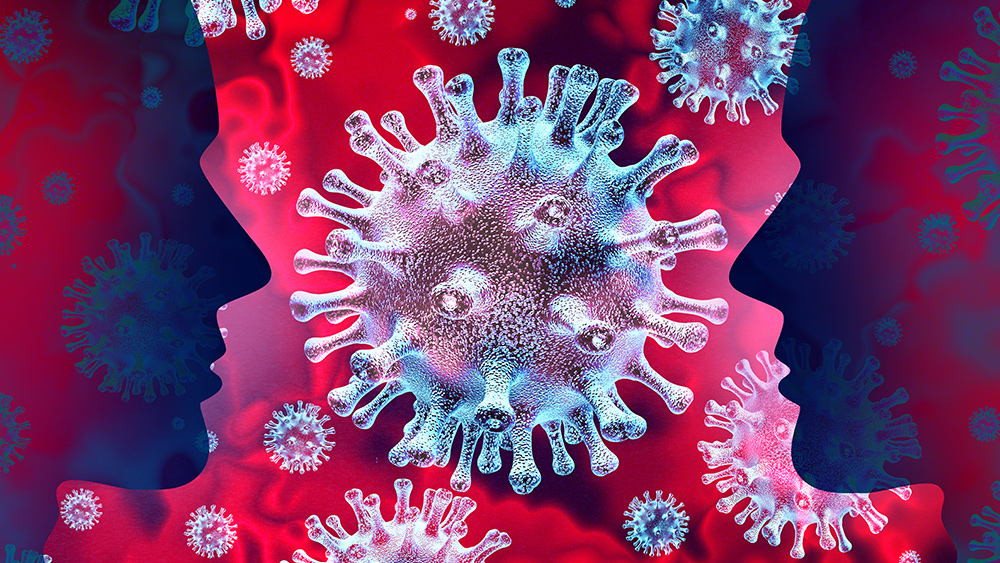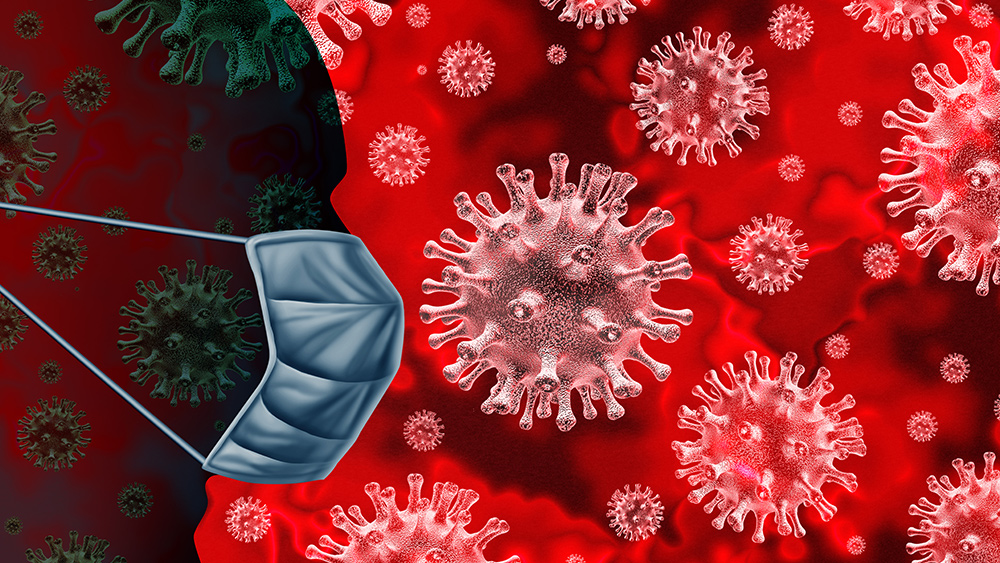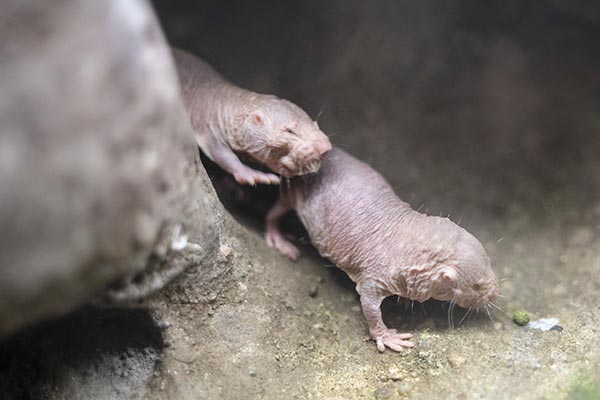Study shows how viruses affect the bacteria populations in your gut, and what that means for your health
02/04/2020 / By Darnel Fernandez

Bacteriophages, also known as phages, are viruses that target and destroy bacteria. An interesting thing about phages is that each one targets one specific strain of bacteria. Because of this, doctors used phages to fight bacterial infections before the dawn of antibiotics. Now, with the prevalence of antibiotic resistance, researchers are revisiting the idea of using phages to fight off bacterial infections instead of using antibiotics. The dilemma here is that the gut contains millions of bacteria, meaning that these phages are likely to make an impact on the bacterial population in the gut. Now, recent research reveals an interesting dynamic between bacteriophages and the microorganisms in the gut.
A study published in the journal Cell Host and Microbe found that a single strain of bacteriophage can alter both the bacterial composition and the levels of certain bioactive chemicals in the body.
Bacteria vs. virus
The human body is full of trillions of microorganisms collectively known as a microbiome. While bacteria are often associated with diseases, there are some bacteria – like the ones in the gut microbiome – that are actually vital for the proper functioning of the immune system, the heart and even weight. In this study, researchers from the Brigham and Women’s Hospital and the Wyss Institute investigated the dynamic effects of bacteriophages on a model microbiome. (Related: The health of your gut microbiome could predict your risk of heart disease, researchers find.)
“One of the major interests in my lab is understanding the changes in the dynamics of the gut microbiome. Bacteriophages are a huge component of the microbiome but haven’t been studied much yet,” said senior study author Dr. Georg Gerber.
The researchers used gnotobiotic mice raised in a way that they have absolutely no bacteria living on or inside their bodies. To begin their experiment, the researchers introduced the mice to 10 different species of bacteria that commonly reside inside the human gut, including Enterococcus faecalis and Escherichia coli. Afterward, they added phages that specifically target the newly introduced bacteria to see the dynamics between the virus and the gut bacteria, as well as get accurate data on the successes of each microbe.
From the experiments, the scientists discovered that phage predation on gut microorganisms not only directly impacted certain species of bacteria, but they also had cascading effects on the other bacterial species through interbacterial interactions. Some of them proliferated while other bacteria populations dwindled.
The researchers also looked into the array of compounds produced by both the mouse and the bacteria colonizing the gut – this is called the metabolome. As previously mentioned, they found that the phages introduced to the mice and the subsequent bacterial composition change influenced an alteration in the levels of bioactive chemicals. According to the researchers, these phages can modulate the metabolites in the body, which are known to affect the mammalian host. In short, a single strain of phage can make drastic changes to the biological molecules of the host animal.
While the whole experiment is based on an artificially constructed microbiome inside a rodent, it still creates a general overview of how phages interact with the microorganisms found in the gut.
“Gnotobiotic mice, colonized with a limited and known but still complex collection of bacteria, present an attractive model system for comprehensively characterizing the behavior of phages in the gut environment,” wrote the researchers.
If the phages were able to make such changes in mice microbiome, they are also likely to affect human microbiome. In the end, their research suggests that phages can potentially be a good tool for understanding the effects of other possible therapeutics that alter the microbiome.
Sources include:
Tagged Under: bacteria, bacteriophages, gut health, gut microbiome, infections, research, superbugs, Viruses


















